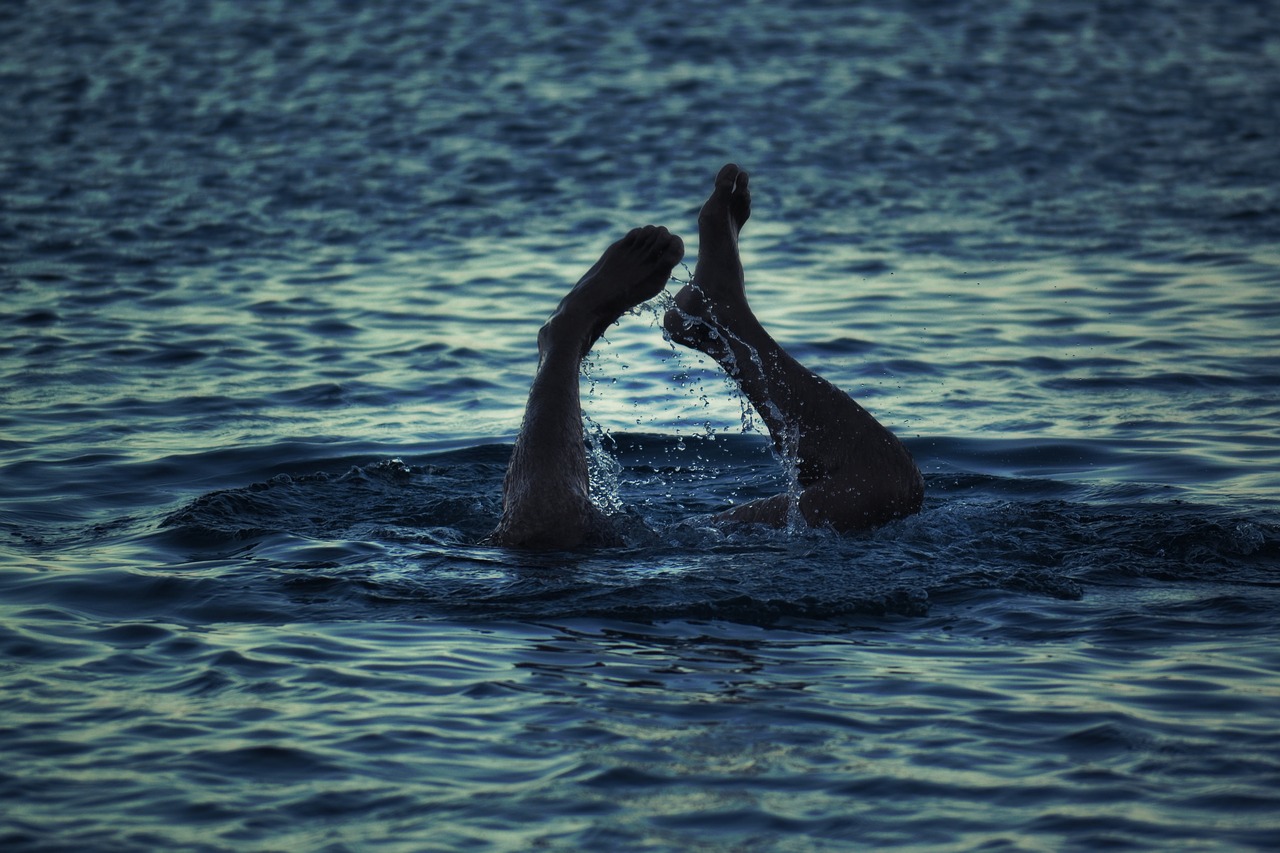A man with chronic nerve pain solved his persistent problem by taking a plunge in cold water.
The patient was suffering from unrelenting pain 10 weeks after a successful surgery to prevent constant facial flushing, meaning doctors cut the nerve responsible for blushing, TIME reports. Researchers studying the case say that drugs were not working to alleviate the man’s pain, and exercise made his condition worse, rendering physical therapy impossible.
The man, who used to be a triathlete before the surgery, decided to take matters into his own hands and went for an open-water swim. At least it would get his mind off the nerve pain, he thought. After plunging into water that was 51F cold and swimming for just one minute, the man found that his pain was gone, and it did not recur.
He said, “For the first time in months, I completely forgot about the pain or the fear of shooting pains in my chest if I moved. It was just an immersive rush of adrenaline. I bet I couldn’t have felt my pain, even if I tried.” He added,
When I came out of the water, I realized the neuropathic pain had gone away. I couldn’t believe it.
This unorthodox and unexpected treatment baffled doctors. The case has no precedents, so much so that researchers are hesitant to attribute the man’s recovery to the cold water, though they do admit that there appears to be no other explanation.
The researchers theorize that the shock of cold water could have triggered a wave of nervous system activity, altering the man’s pain perception. The sensory overload may have also distracted the man from his nerve pain, allowing him to push past it and start moving freely again, resulting in a long-term effect in both his brain and body.
In addition, the man’s personality and “novelty-seeking traits” may have put him in a unique position to be receptive to this sudden therapy, the study suggests. Further studies into cold-water swimming and its potential benefits are recommended.
The study was published in The BMJ.
























